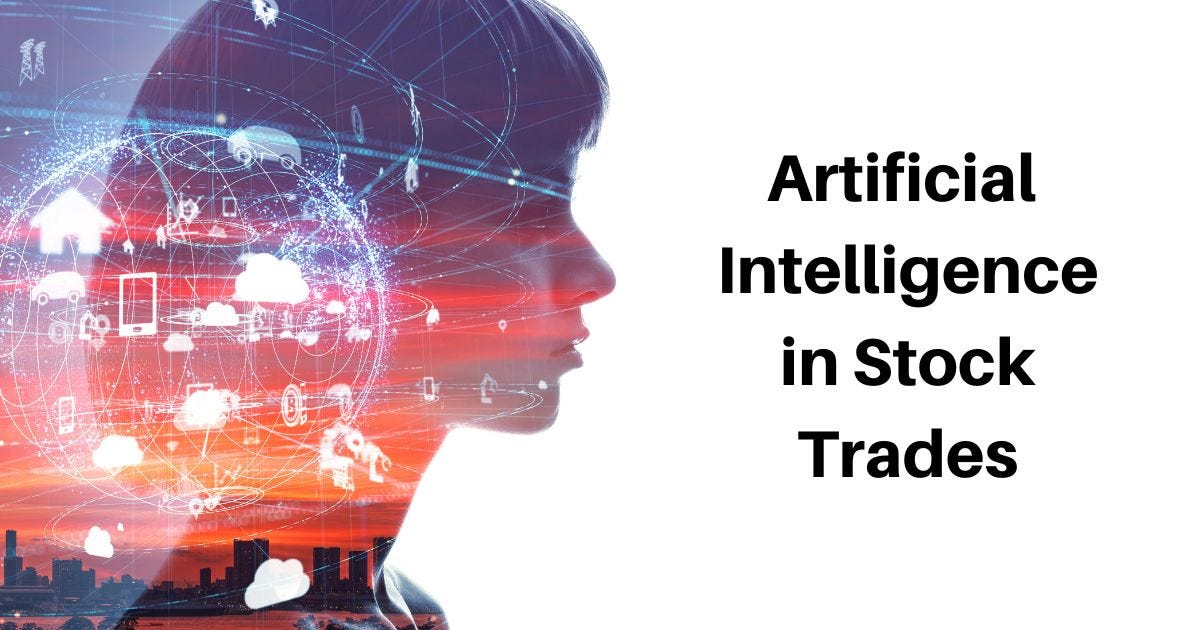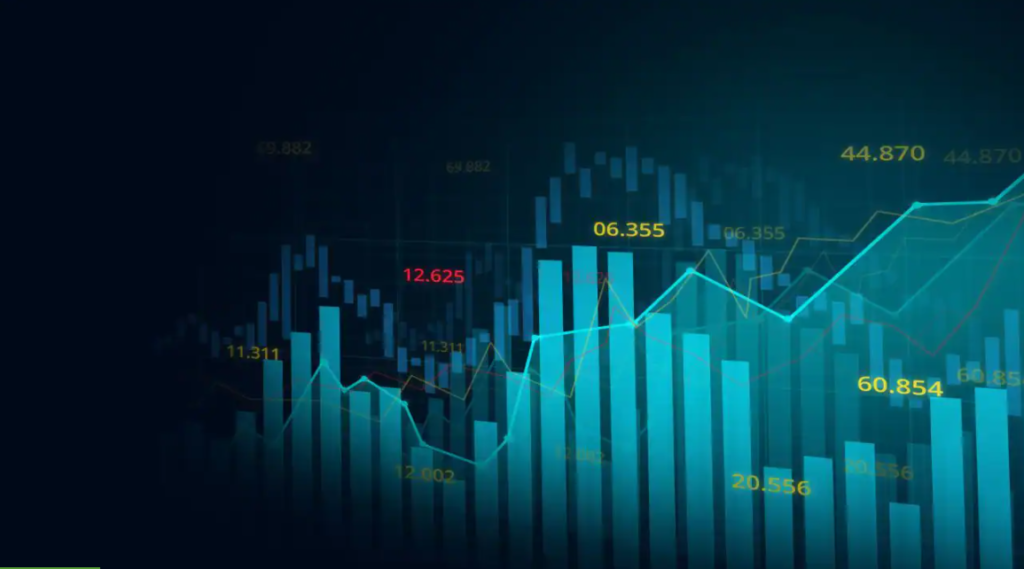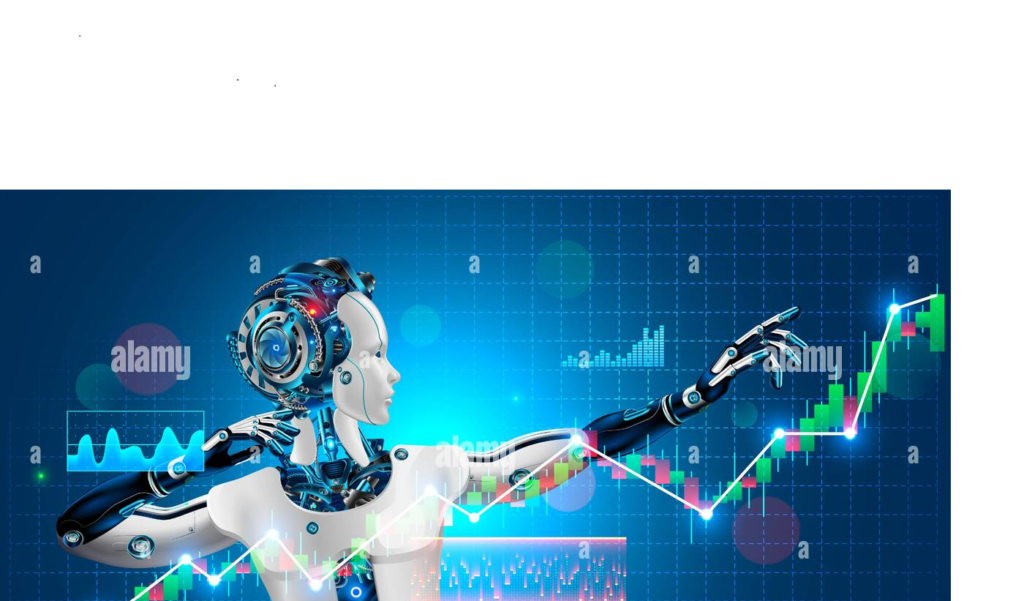
In the high-tech rapidly developing world, with everyday new innovations presented to the humankind, one may find it hard to keep pace with the changes we are seeing. But to remain competitive in this environment, people should try to embrace the new technological products, especially if they show signs of good returns. This is precisely the case with the stock trading, which is evolving at a rapid speed and becoming more accessible to the masses of users and revolutionizing with technological advancements. The global trading market is indeed very huge. In 2020, over $32 trillion of global equity is being traded worldwide, compared to a bit more than $25 trillion in the year 2009. We can see that the stock markets are always about dealing with big money, no matter what is the crises, pandemics, and revolutions which might be happening. Everyone wants to get their own share of that delicious financial pie, but it is possible to earn on stock trading without specialized knowledge and particularly no years of experience. Fortunately, with the advent of innovative technologies for trends analytics and smart data-based decision-making, the dream is now becoming a reality, with the new automated artificial intelligence (AI) trading solutions at our hand.
In simple words, AI implies the use of software in the computer for mimicking the cognitive functions, such as learning and modelling the human-like decision-making based on the provided input of the data. A subdivision of AI which is machine learning (ML), also enabled the machines to further advance the use of their cognitive functions, by enabling them in learning not only based on the given input but also by their experience by allowing them in making right and wrong decisions. Thus, in these days, the potential of AI (specifically ML) is actively explored in all the spheres of human activities, such as:
- Traffic pattern analysis to avoid jams (Google’s Waze)
- Advanced fraud protection and identity theft applications for banks
- Autopiloting of airplanes
- Smart spam filtering in your inbox
- Customer demand forecasting during shopping (e.g., Amazon and Walmart)
- Smart content filtering on the social media based on the user preferences, face tagging, and distance in the geo locations.
AI TRANSFORMING IN STOCK TRADING

Artificial intelligence trading is booming now because its features fit the world of finance ideally. AI solutions are capable of counting numbers rapidly and making optimal decisions based on big masses of data, which is highly applicable to the stock market realities. Machine learning for trading allows financial firms to get a complete image of the stock market situation with the help of in-depth, continuous stock price fluctuation analysis and unstructured data processing. It also proves useful in complex trading pattern identification, informing the right selling/buying decisions in real-time.
Artificial intelligence trading strategies get increasingly sophisticated as the systems learn from their own personal experiences. So today, they offer indisputable benefits to users by allowing them to:
- Pattern detection. AI software analyses historical data and sees recurrent patterns in stock price dynamics to identify the right strategy for an investor.
- Predictive sentiment-based trading. AI programs can incorporate data from news and social media into their analyses, making decisions based on the dataset much more extensive than conventional technical analysis would allow.
- Speed trading. With every millisecond counting in stock trading, trading AI apps can save you time and money by facilitating instant decisions and actions.
Trading signals are produced by AI systems based on the advanced analysis of numerous indicators, such as price action, currency valuation, and even analysis of data about the particular asset in the news and social media. The technical analysis of stock price dynamics is also included in the dataset.

ADVANTAGES OF HAVING AI
- Time savings.
You’ll spend much more time analysing trends and asset price dynamics. Using an AI stock trading signal for a specific asset saves that time for other critical activities. - Suitability for laypeople.
You don’t need to spend months or years studying the science of stock trading to earn on the stock market. AI systems already possess the expertise you need. - Accurate trend prediction.
Even though machines will never surpass humans, they still do a good job analyzing big data. They process data from a variety of sources to give you sure hints.

DISADVANTAGES OF HAVING AI
- Limited automation.
In most of the cases, users still need to produce the selling or buying activities, while the signals are only a mere recommendation of the informational nature. - Limited individualization.
Signals are very generic, and not all of them may suit for your risk level and the trading style. So, choose only the ones that will comply with your preferences; it’s you who’ll bear with the losses in case anything would have to go wrong. - Market volatility.
Today, in times of crises and crashes, stock markets are highly unpredictable, and no machine can grasp those shocks and adapt its advice to these fluctuations quickly enough to protect your assets. It’s imperative to keep the broader market status in mind every time you follow the trading signals because of the artificial intelligence trading software limited knowledge about the market.

